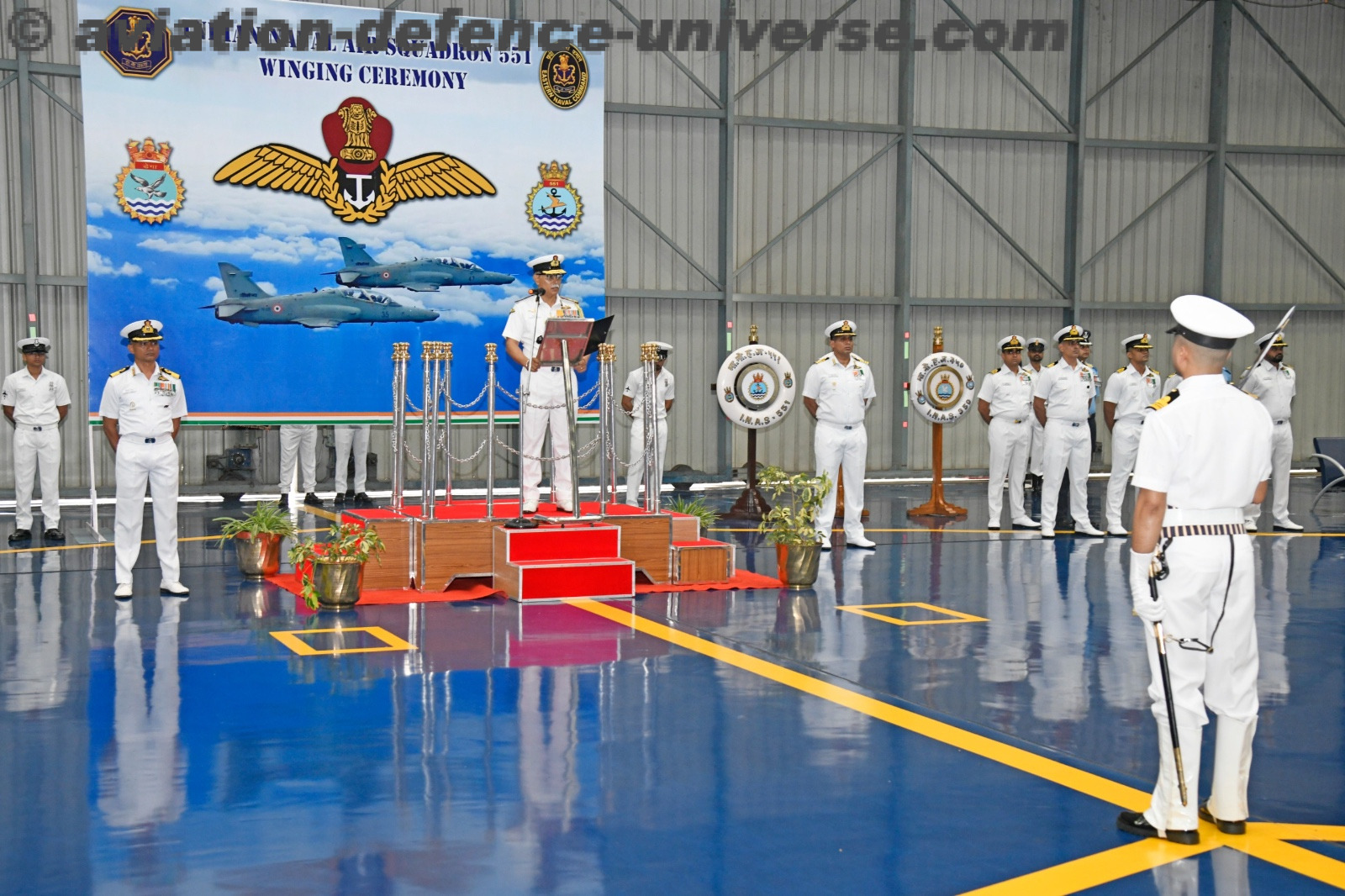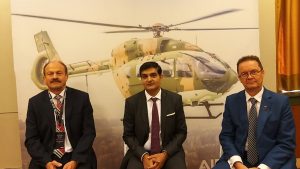By Sangeeta Saxena
Munich. 03 November 2019. When journalists reach Munich to attend the Trade Media Briefing of Airbus Defence & Space , there is an air of expectancy. They were all looking forward to a new idea and the new venues.
The idea of visiting the Helicopter facility at Donauwörth, Germany and seeing for themselves the Airbus Defence & Space facilities in Manching near Munich is exciting. For some of us it will be an opportunity to analyse the change in three years , since 2016 at Donauworth and Manching will be the first time as it was not in the itinerary then.
As one of the countries that was key to the creation of Airbus, Germany has a rich history of aircraft design and construction and is home to some of Airbus’ largest and most important operations. The company employs more than 46,000 people working across 27 sites, representing close to half of the country’s entire aerospace workforce.
Airbus’ strong German roots provide an important impetus for growth and competitiveness for both the company and Germany as an industrial location. Airbus works with more than 10,000 external suppliers in Germany and buys goods and services valued at an estimated €8.3 billion a year, while achieving an annual turnover of around €4.7 billion in Germany.
In addition to extensive work in the commercial aircraft and rotorcraft sectors, Airbus develops cutting-edge technologies and tailor-made products that reinforce national security, including military helicopters, satellite programmes for secure military communications and the Eurofighter – Europe’s world-class multirole fighter jet.
Manching (about 12,000 inhabitants) is located in the Upper Bavarian district Pfaffenhofen ad Ilm, a few kilometers south of Ingolstadt and thus about 70 km from Munich. Approximately 4,500 employees and over 150 apprentices and dual students work here in the military aviation center of Airbus Defense and Space, the center of competence for manned and unmanned military aircraft. The site combines management, development, program management, system integration, logistics / product support, procurement, marketing and sales. The focus is on the final assembly of the Eurofighter with system tests and flight testing. Unmanned aerial systems of the high performance segment are also developed, integrated and tested here.
Airbus employs more than 6,000 people in its German helicopter industrial activities, assigned to the primary sites in Donauwörth and Kassel. Donauwörth is Airbus’ main helicopter production site in Germany and is home to the world’s second-largest helicopter plant.
Airbus’ H135 and H145 light utility helicopters are designed and manufactured in Donauwörth, as is the UHT variant of the military Tiger twin-engine attack helicopter. The NHIndustries NH90 – a transport and naval rotorcraft built in a European joint venture involving Airbus – is produced at Donauwörth for the Bundeswehr – the unified armed forces of Germany – and foreign customers.
More than manufacturing, Donauwörth is the centre of tomorrow’s helicopter technology in Germany with some 800 engineers working in its development centre. The city also is home to the Military Support Centre where Bundeswehr helicopters are serviced and equipped with the latest technology. Maintenance and repair, technical training and equipment integration are carried out in Kassel.
Furthermore to also make the trip more attractive for for the journalists Airbus has also decided that it will no longer hold the TMB under embargo. The exception to this rule may apply to some special occasions during the various stations where restrictions might apply, e.g. at the German Air Force’s base in Neuburg or at the Helicopters customer centre in Donauwörth.
Some of Airbus Group’s support functions also have offices in Ottobrunn, such as human resources, finance, communication, information management and others. And all this in Munich which was Germany’s most liveable city and the world’s fourth most liveable city in 2015!
The Airbus TMB 2019 promises to be not only interesting but also knowledgeable as it gets many new facets to the aviation journalists’ insight on Airbus as a group.























































































































